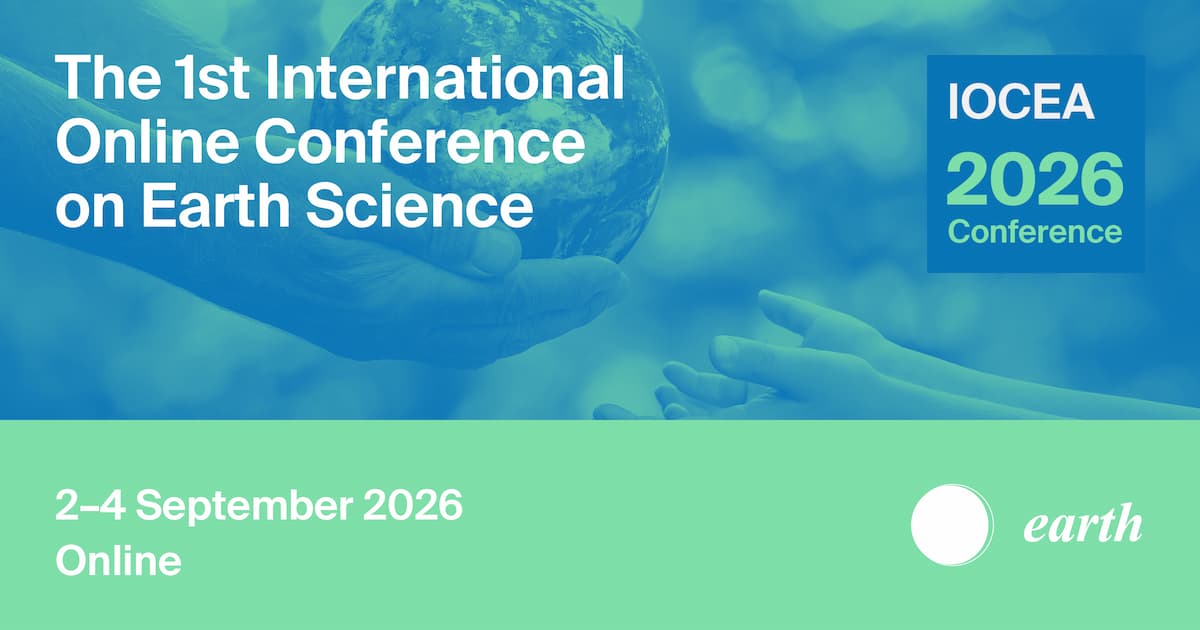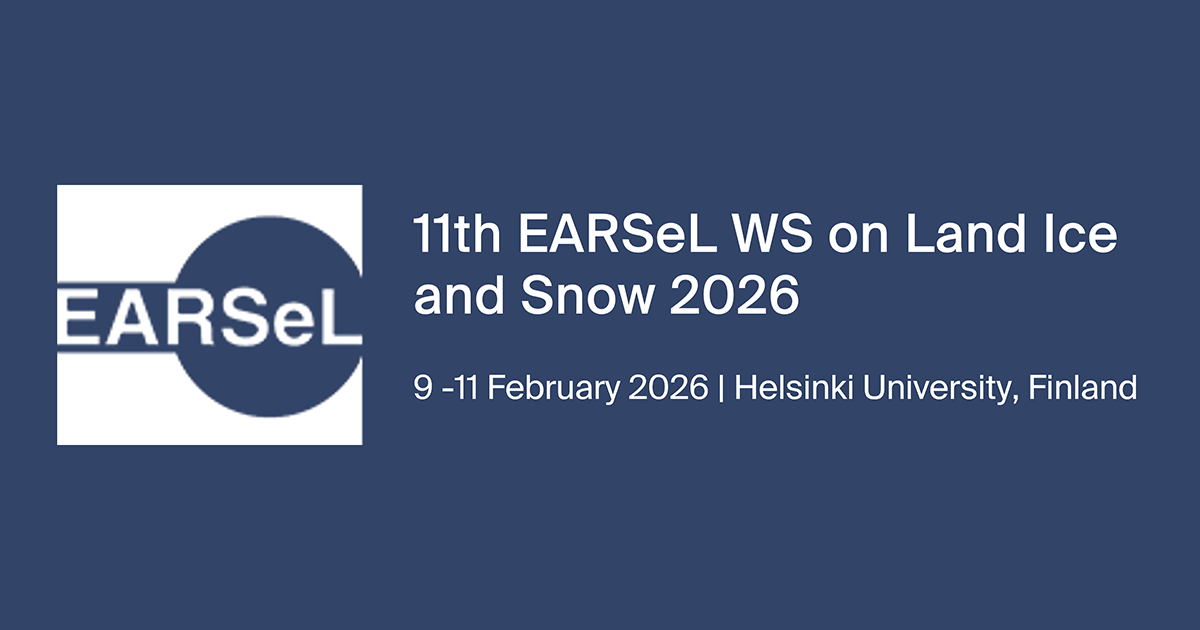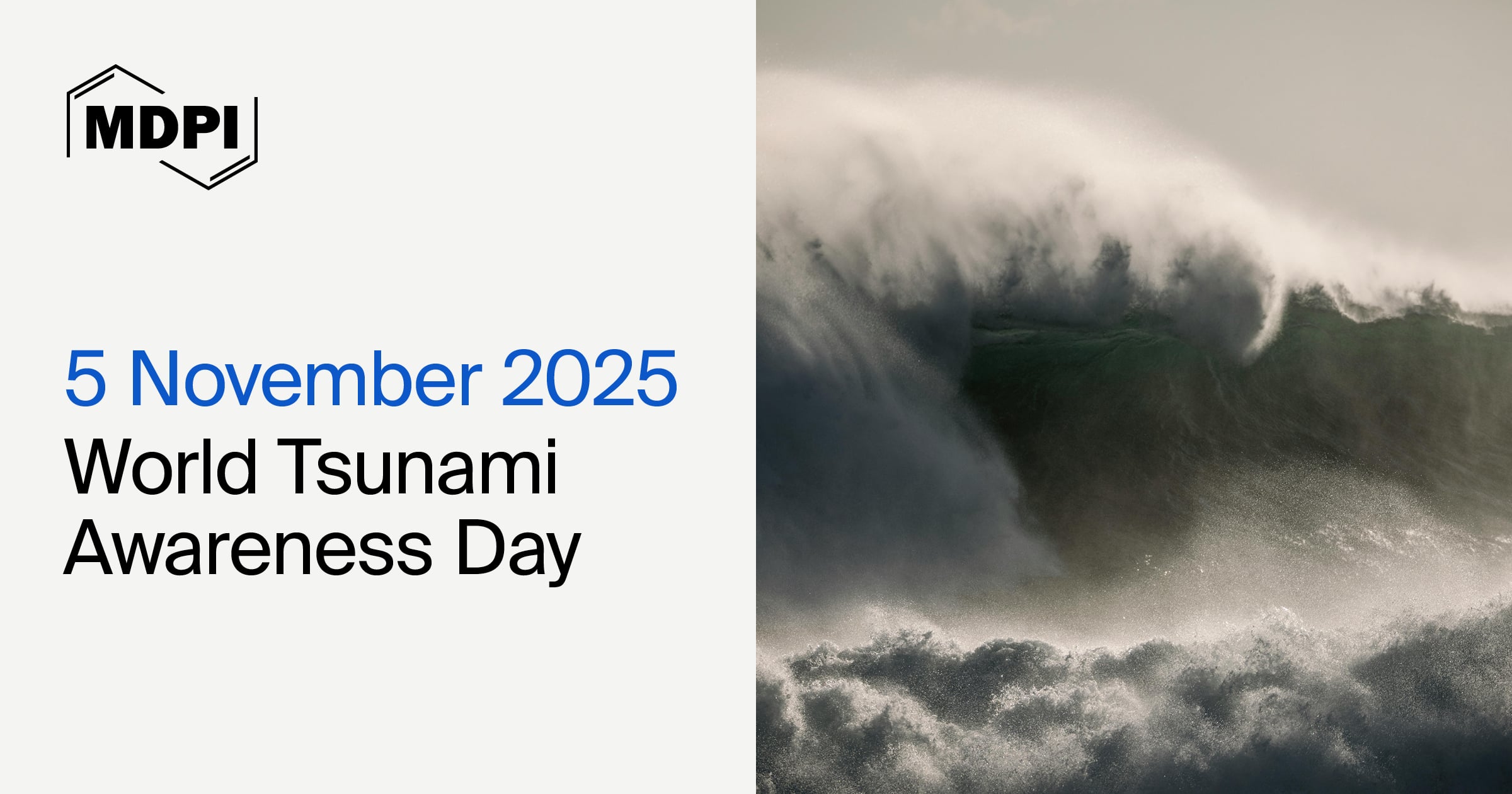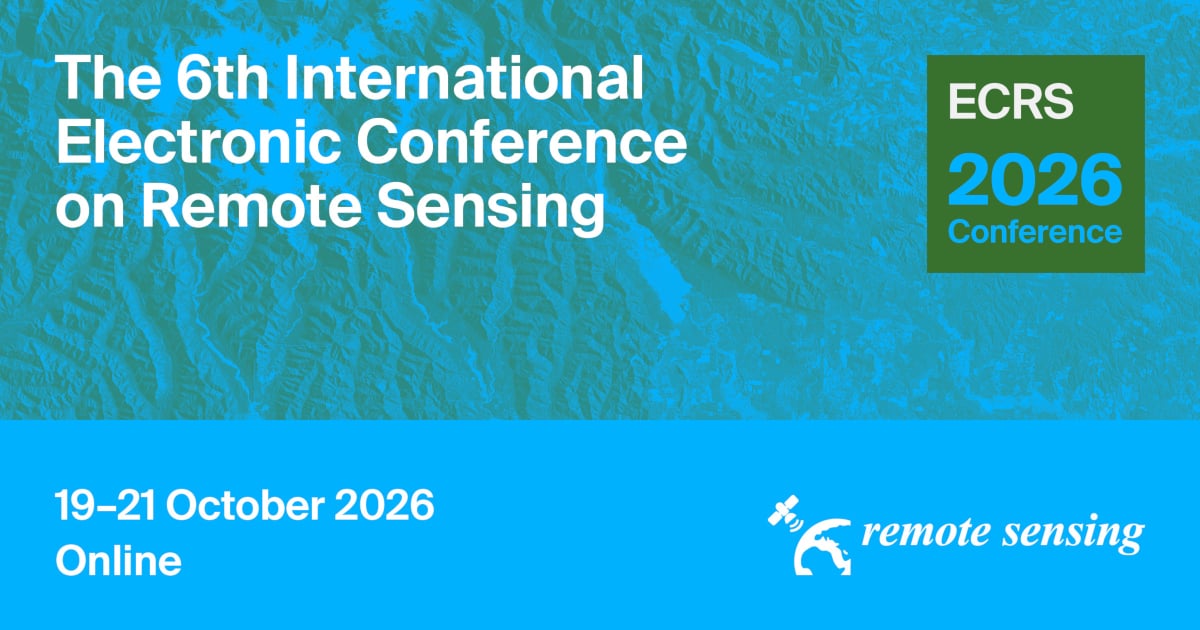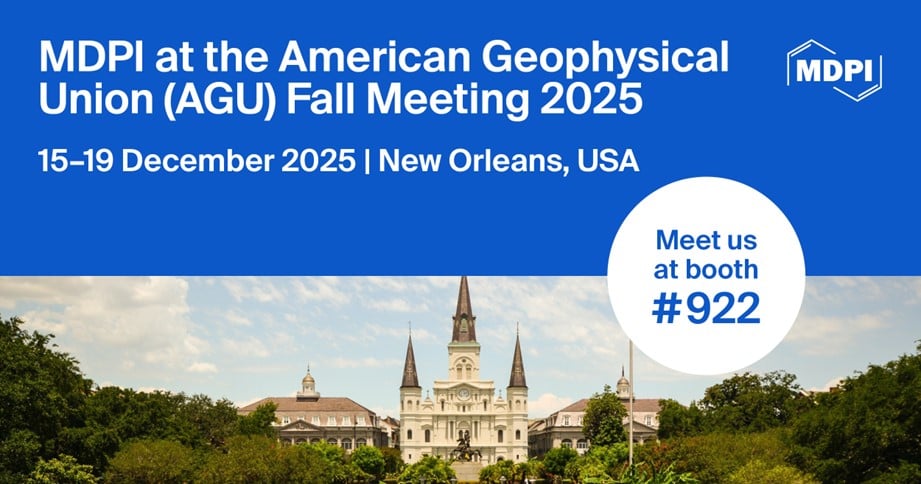- 2.1Impact Factor
- 5.1CiteScore
- 24 daysTime to First Decision
News & Conferences
Latest News & Announcements
Latest Conferences
Propose a Conference Collaboration
Promote and publicise your upcoming conference with MDPI.
All News & Conferences
News & Announcements
International Mountain Day—“Glaciers Matter for Water, Food and Livelihoods in Mountains and Beyond”, 11 December 2025
11 December 2025
News & Announcements
Article Layout and Template Revised for Future Volumes
11 December 2025
News & Announcements
Recruiting Section Editors-in-Chief for Geosciences
20 November 2025
MDPI Conference
Meet Us Virtually at the 1st International Online Conference on Earth Science, 2–4 September 2026
2 - 4 September 2026
News & Announcements
MDPI Launches the Michele Parrinello Award for Pioneering Contributions in Computational Physical Science
6 November 2025
Partner Conference
11th EARSeL WS on Land Ice and Snow
9 - 11 February 2026
News & Announcements
World Tsunami Awareness Day—“Be Tsunami Ready: Invest in Tsunami Preparedness”, 5 November 2025
5 November 2025
News & Announcements
MDPI INSIGHTS: The CEO's Letter #28 - WSF11, Nobel Laureates, Proofig AI, Romania Summit, STM and FBF
4 November 2025
MDPI Conference
The 6th International Electronic Conference on Remote Sensing—Global Perspectives for the Next Generation in Earth Observation
19 - 21 October 2026
News & Announcements
Meet Us Virtually at the 1st International Online Conference on Earth Science, 2–4 September 2026
30 October 2025
News & Announcements
Meet Us at the American Geophysical Union (AGU) Fall Meeting 2025, 15–19 December 2025, New Orleans, Louisiana, USA
16 October 2025
of 18





